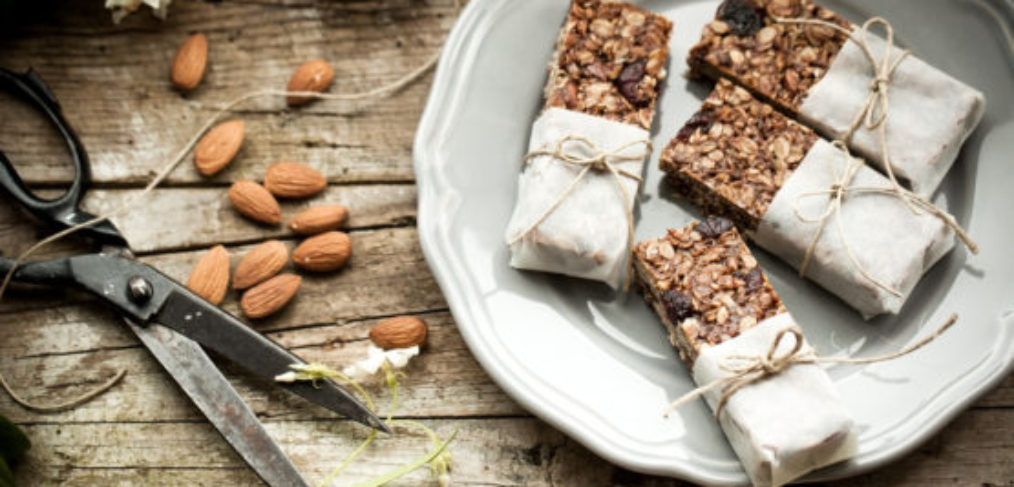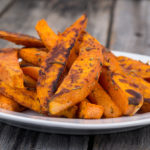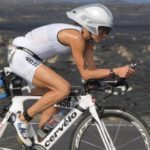Eating Real Food for Endurance

Must it be energy bars?
Homemade energy bars may be a way to go, and are certainly a superior option than downing highly refined sports ‘nutrition’ products that often contain gut-busting additives, but what if you’re a fellow fat-adapted athlete, who prefers to have fat as their primary fuel source?
If you were to go on a multi day cycling trip, how would you fuel yourself?
How would you balance the demands of long hours of riding day after day without compromising the nutritional values you’ve already found to suit your body in terms of performance, gut health and ample recovery?
After spending the last 10 days on an epic cycling camp in the French Alps, I felt compelled to share the experience of how I fueled for this type of training while abroad.
Not so much about ‘how to fuel for a multi day event’, averaging 6-7,000 feet of climbing and 100 kilometers of riding per day, as this is something I’ve incorporated quite a while back.
Arguably, it was easier to fuel for this cycling block as compared to ironman because the efforts tended to be longer and more aerobic, with the long climbing intervals still being at low threshold.
This paved the way for the ability to eat real food during the rides, given that I was working primarily aerobically, allowing my body the blood supply it would need to digest small amounts of food during the exercise.
In effect, the only true difference is that rather than approaching each day in a fasted state as I normally would, I’d top off the tank with a bit of banana and hard boiled egg, olive oil and salt before heading out for another day’s journey up the mountains.
Rather, it was how to fuel on a day to day basis in a place where vegetables seemed to be few and far between, while starchy, grain based foods were easy to come by.
Not only are they easy to come by, they are regarded as the normal, and even healthy way to start of a day, whether one is off to climb on the very course where some of the stages of the Tour will be held or simply off to a day at the office (or whatever the definition of a day in the office might be).
I was truly put to the test this time; I’ve written and spoken many a time about how there’s always a way to put healthy eating into practice, that one can find good options everywhere and that we can always make do with some sort of veggies and protein.
Language barrier aside (my husband speaks fluent French), many of the cafes, restaurants and bistros we dined at simply didn’t have veggies on their menu.
And to make matters even more confusing, often, those that did have a veggie option didn’t actually offer veggies; nine times out of ten, the side of veggies was actually a side of snow peas or green beans.
Worth noting: the literal translation for veggies in French is legumes; not exactly what we’ve come to know and fall in love with when we are actually looking for kale, broccoli, cauliflower and anything else leafy and green!
So what was the solution?
Pile on the few veggies that were on the menu, mainly lettuces, which were lovely and fresh and then, go on a hunt!
I was able to find a surprisingly nice array of local veggies in a nearby shop; broccoli, bell peppers, more lettuces and range of stone fruits, the latter of which came in perfectly timed, given that I’d intentionally planned on shifting my macros a bit less in favor of high fat while upping the carbs for all the training.
By adding zucchini and roast potatoes to my evening meals, a couple of pieces of fresh fruit during the day to my meals in addition to the morning banana, I was able to create an eating plan that wasn’t a million miles away from how I eat at home.
I didn’t have to compromise the core values of what I know to be true for my own body, including:
- gluten is a bad idea for me, as are all grains
- eating a carb heavy diet is unnecessary for me, given my history of having been following an authentic Paleo approach for nearly 15 years now, with a bit of keto cycled in over the past three years
- eating anything I have proven to myself through trial and error that I know doesn’t sit well with me, or worse, that actually makes me feel ill, is unequivocally out of the question
The third point is perhaps the most important of all; knowing what our body tells us and then choosing proactively to nourish it, rather than punish it.
Food can be medicine and when administered properly, is the foundation of our path toward optimal health and wellness, whether or not it includes performance in sport, or performance in life overall.
Physically, I came away from the camp feeling stronger with my cycling skills and technique. In all honesty, I didn’t know how my body would handle ten days of endurance riding as I’ve never done anything like that before.
It was an incredible experience and on a personal note, I’d highly recommend this type of getaway to anyone who is looking for a way to challenge themselves, be they a cyclist or not.
Having a high performance mindset gaps the bridge far more than just sport and work; it’s the belief in oneself that raising the bar in all aspects of life is the very thing that creates the goals we need to be the best version of ourselves we can be.





